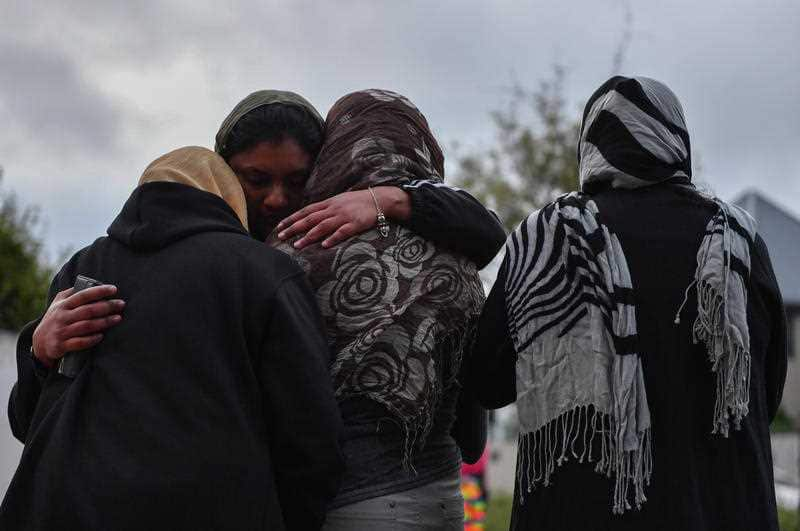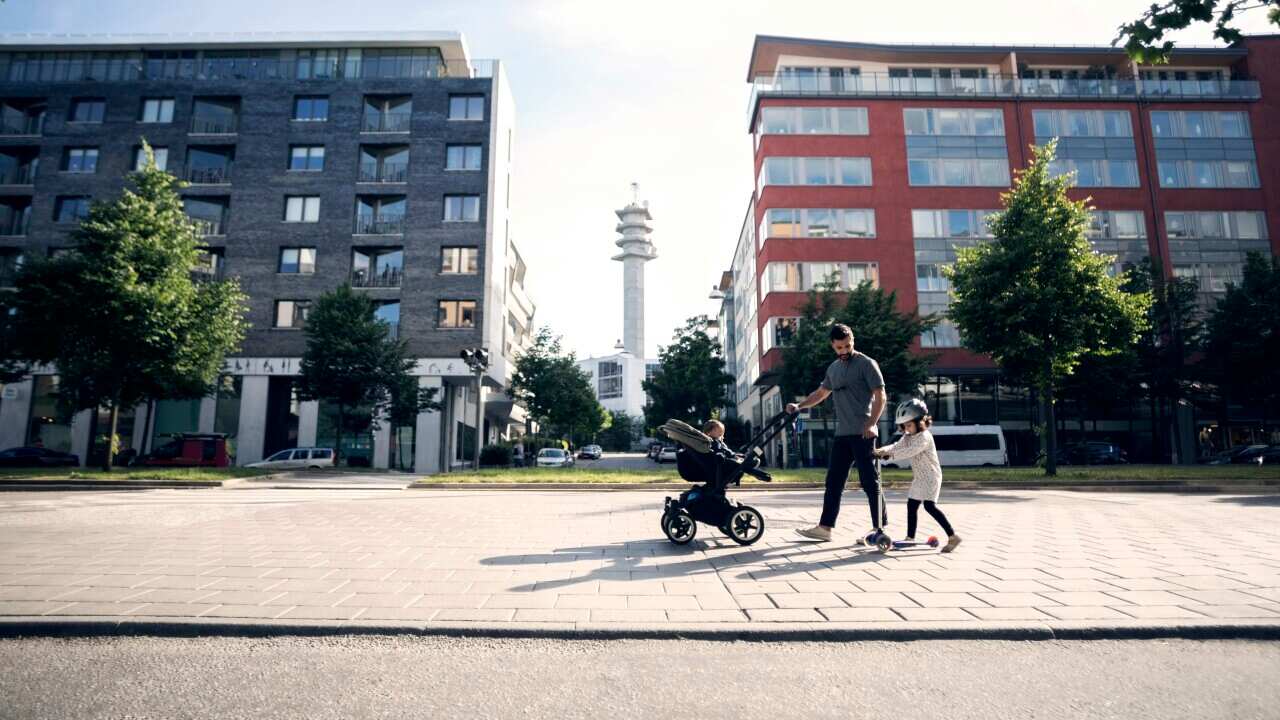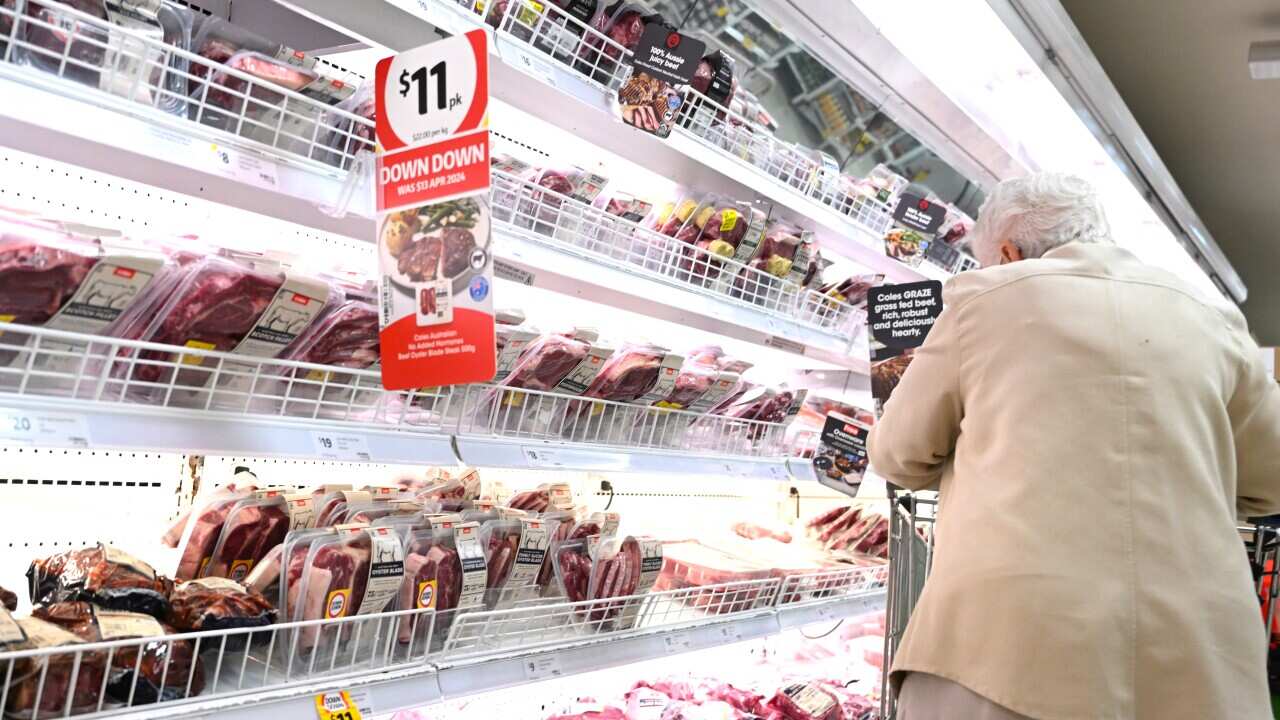Weeks after the , the first-ever study of hate crime patterns in NSW has found more than 70 per cent of religiously motivated crimes reported to NSW police were targeted at Muslims.
The study, , also found that Asian and Indian/Pakistani people were the most commonly reported victim in racially motivated crimes, comprising 28 and 20 per cent of reports respectively.
Overall, crimes motivated by racial, ethnic or religious bias made up 81 per cent of all hate crimes reported to police. The next most common hate crime was on the basis of sexual orientation or gender identity which made up 14 per cent of reports.
Author of the study, Professor Gail Mason, from the Sydney Institute of Criminology looked at NSW Police Force databases for the research, which she said is "the longest-standing bias crime initiative in Australia".
"Whether or not someone's being targeted on the basis of their race or religion can be very hard to know," she told SBS News.
"Its [NSW Police Force] data provides a unique picture of the kinds of incidents that the public report and the police record as bias crime across the state of NSW."
Professor Mason said there was not enough data to draw conclusions about whether there were upticks in hate crimes following certain events, but said over the three years analysed religious reports of religious hate crimes rose by 20 per cent and that the majority of crimes were reported in metropolitan areas of Sydney.
But she also warned that there was evidence that hate crimes in general "were under-reported and under-recorded". “Approximately one bias crime, suspected bias crime or bias incident is reported in NSW every day. Although a fair proportion of these reports involve incidents that are unlikely to meet the threshold required for a criminal prosecution, such as verbal abuse, they provide a source of intelligence that police can draw on to identify potential hotspots and engage in proactive outreach with stakeholder communities,” she said.
“Approximately one bias crime, suspected bias crime or bias incident is reported in NSW every day. Although a fair proportion of these reports involve incidents that are unlikely to meet the threshold required for a criminal prosecution, such as verbal abuse, they provide a source of intelligence that police can draw on to identify potential hotspots and engage in proactive outreach with stakeholder communities,” she said.

The majority of hate crimes between July 2013 and June 2016 were recorded in metropolitan Sydney. Source: AAP
The most common hate crimes recorded included assault, public verbal abuse, property damage, online harassment and intimidation, and threats.
Acting Chief Executive Officer at Federation of Ethnic Communities' Councils of Australia (FECCA), Mohammad Al-Khafaji, said the study is alarming but it's not surprising.
"We have seen anecdotal evidence over the past few years that the majority of hate crimes are towards people of minority ethnicities, muslim people and people of different faiths," he said.
While Professor Mason said there had been "a degree of commitment" within NSW police to address the issue through the bias crime initiative, she added that "we need a concerted effort from law enforcement agencies right across Australia to actually monitor and address hate crime."
"While some agencies like the New South Wales police and Victoria Police do record hate crime we need to be doing more than that. Governments and police need to be putting the resources into analysing that data so that we actually know what's happening in the problem of hate crime," she said.
"Developing trust with communities so that they will report victimisation and then having the resources to actually respond to traffic to the intelligence that they're receiving."
Mr Al-Khafaji agreed that more needs to be done to actually monitor hate crime and to ensure people feel safe in reporting it - particularly when it comes to the Muslim community.
"We all have a role to play in this to make sure that law enforcement agencies and Muslim communities work hand in hand and build that trust again," he said.











